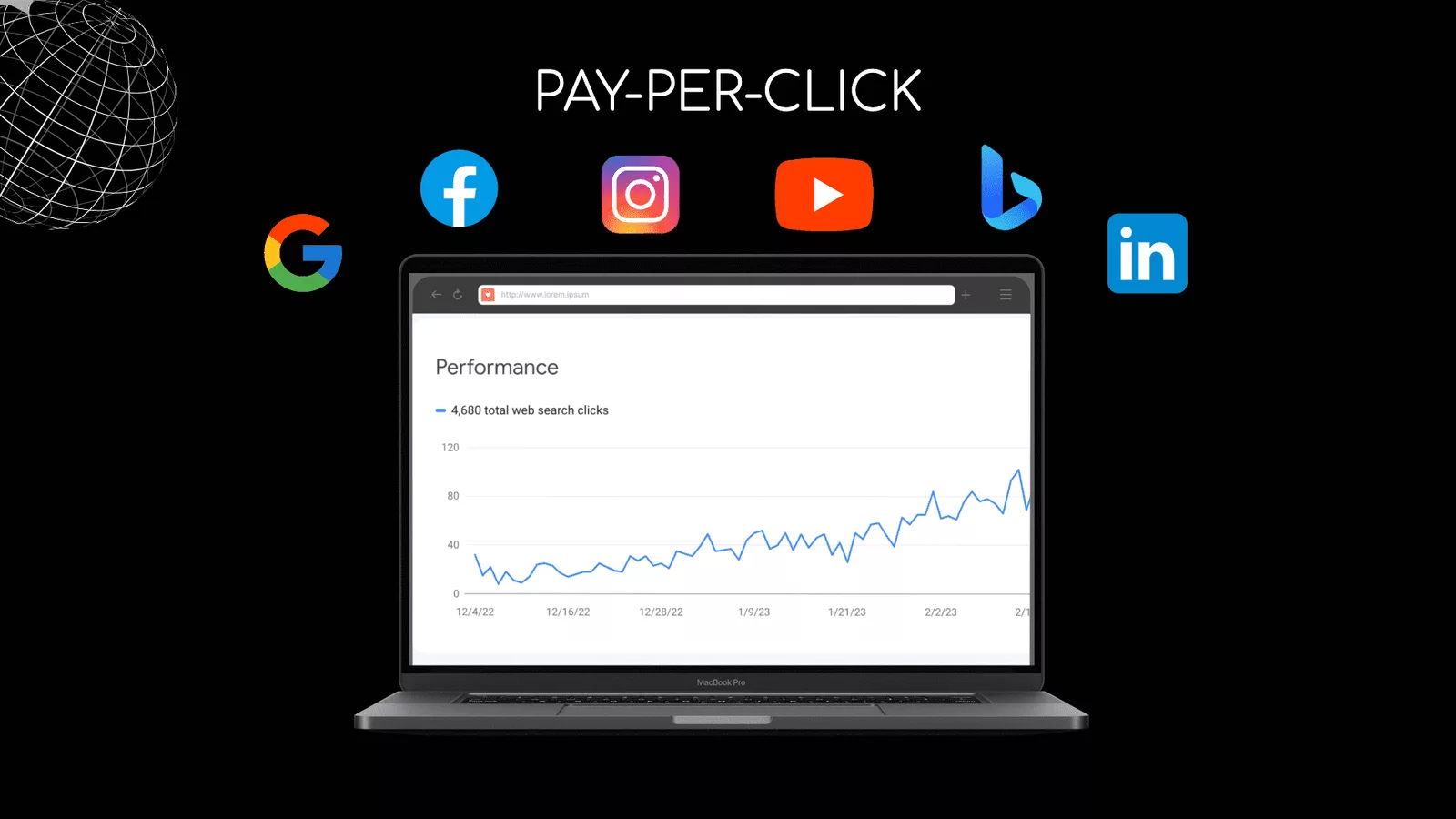Pay-per-click (PPC) advertising can be a highly effective way to generate leads and drive traffic to your website.
However, if you don’t have a good understanding of PPC bidding, you could end up wasting a lot of money without getting any results.
In this article, we’ll take a look at some tips and tricks for mastering PPC bidding so that you can get the most out of your advertising budget.
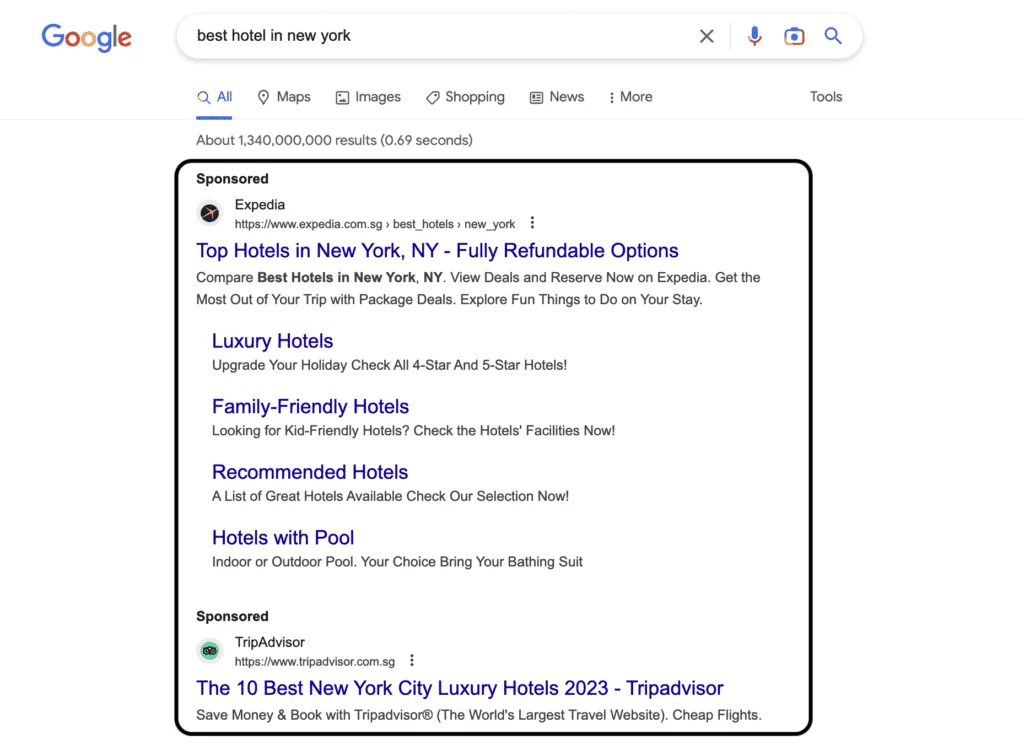
Understanding PPC Bidding
Before we dive into the tips and tricks, it’s important to have a good understanding of how PPC bidding works. When you create a PPC ad campaign, you bid on keywords that you want your ads to show up for. The higher your bid, the more likely it is that your ad will be shown to people who search for those keywords.
However, bidding alone is not enough to ensure success with PPC advertising. There are many other factors that come into play, including ad quality, relevance, and landing page experience.
In other words, you need to create compelling ads that are relevant to your target audience and lead them to a landing page that provides a great user experience.
Request Free Review
We start by reviewing your website and then take a look at your current ranking in SERPs.
- Unlock Your Website’s Potential with Our Comprehensive Analysis.
- Outrank Your Competitors with Our Expert Insights and Recommendations.
- Ways for increasing website traffic.
- Get Tailored Recommendations to Achieve Better Results Online.
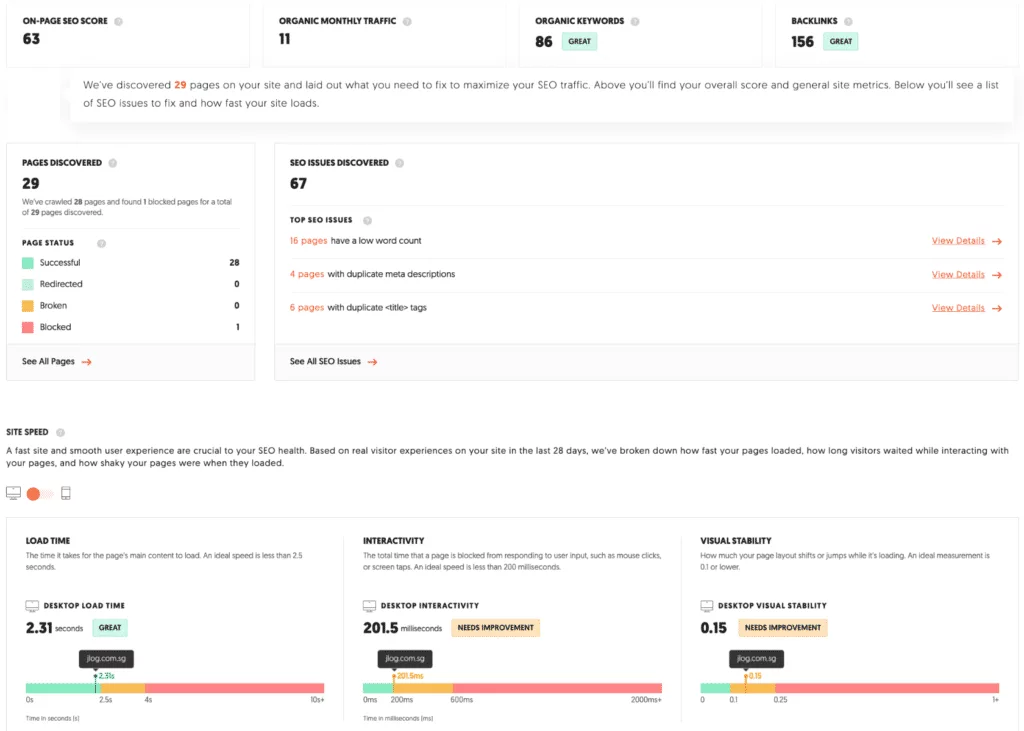
11 Types of PPC Bidding You Need to Know About
- Manual CPC bidding: Perfect for beginners who want full control over their bids.
- Enhanced CPC: Automatically adjusts your bid based on the likelihood of a conversion.
- Maximize Clicks: Automatically sets bids to get as many clicks as possible within your budget.
- Target Search Page Location: Sets bids to get your ad on the top or first page of search results.
- Target Outranking Share: Automatically adjusts bids to beat a specific competitor in the auction.
- Target CPA: Automatically sets bids to get as many conversions as possible at your desired cost per acquisition.
- Target ROAS: Sets bids to maximize your return on ad spend (ROAS) based on your desired ratio.
- Maximize Conversions: Automatically sets bids to get as many conversions as possible within your budget.
- Target Impression Share: Automatically adjusts bids to maintain a certain percentage of ad impressions.
- Viewable CPM: Bids based on the likelihood that your ad will be seen by the user.
- Cost per Engagement: Bids based on the likelihood that a user will engage with your ad.
When it comes to PPC bidding, there is no one-size-fits-all approach. Each type of bidding has its own set of advantages and disadvantages, making it important to understand your goals and choose the right strategy for your campaign.
Best PPC Bidding Strategy
According to Factual data, the best PPC bidding strategy depends on the specific goals of the campaign. For businesses focused on maximizing return on investment, a business acumen-driven bidding strategy that aims for a specific target return on ad spend (ROAS) is recommended.
For those with a larger budget, running tests in parallel with cost-per-view bidding can help compare performance. The “Drafts & Experiments” feature in Google Ads can help with this.
For those looking for a simpler approach, maximize clicks is an automated bid strategy that works well. It’s important to set a bid cap and keep an eye on the average max cost per click. Another option is to use the target cost per action (CPA) strategy to improve ad and landing page copy and relevance.
Budgeting daily is also important to stay on track. Finally, if the goal is to raise brand awareness with a Youtube campaign, either the TrueView for Reach or TrueView for Action bidding strategy is recommended.
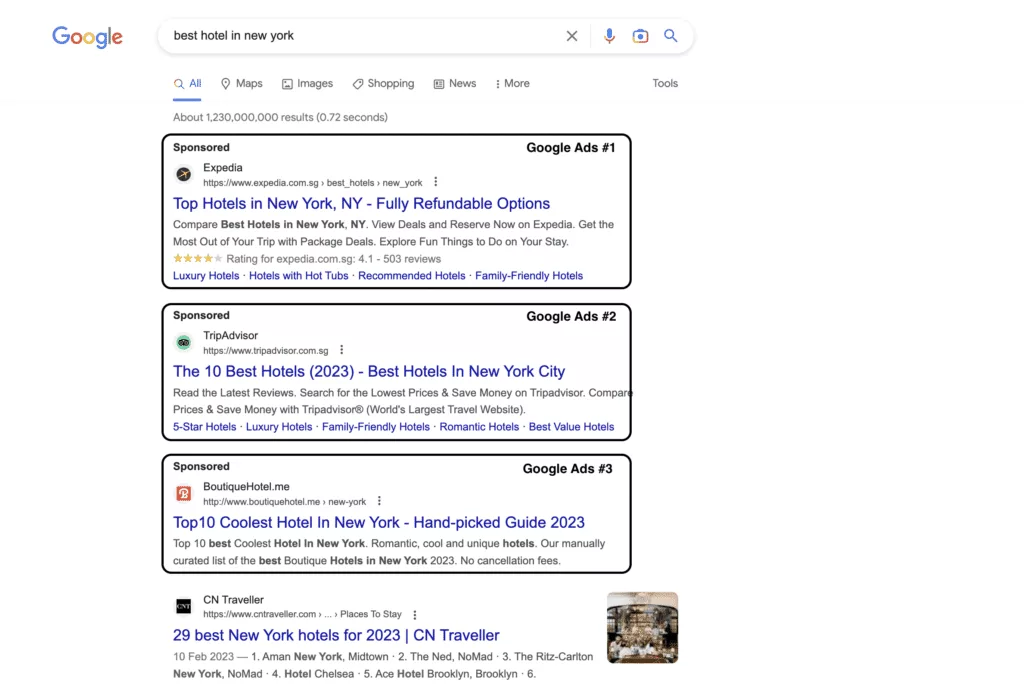
Tips for Mastering PPC Bidding
Now that you have a basic understanding of PPC bidding, let’s dive into some tips and tricks that can help you master it.
1. Start with a Clear Strategy
Before you begin bidding on keywords, it’s important to have a clear strategy in place. Start by identifying your target audience and the keywords they are likely to use when searching for your products or services. Then, determine your budget and set goals for your campaign, such as the number of clicks, leads, or conversions you want to achieve.
2. Use Negative Keywords
Negative keywords are search terms that you don’t want your ads to show up for. By using negative keywords, you can prevent your ads from showing up for irrelevant searches, which can help improve your ad relevance and click-through rates.
3. Use Ad Extensions
Ad extensions are additional pieces of information that can appear with your ads, such as phone numbers, addresses, or links to specific pages on your website. By using ad extensions, you can provide more information to potential customers and improve the overall performance of your ads.
4. Monitor Your Campaigns Regularly
PPC advertising requires ongoing monitoring and optimization to ensure that you’re getting the best possible results. Keep an eye on your campaigns regularly and make adjustments as needed to improve your click-through rates, conversion rates, and return on investment (ROI).
5. Test, Test, Test
Testing is an essential part of PPC advertising. Experiment with different ad copy, landing pages, and bidding strategies to determine what works best for your target audience. By testing and optimizing your campaigns, you can improve your results over time and get the most out of your advertising budget.
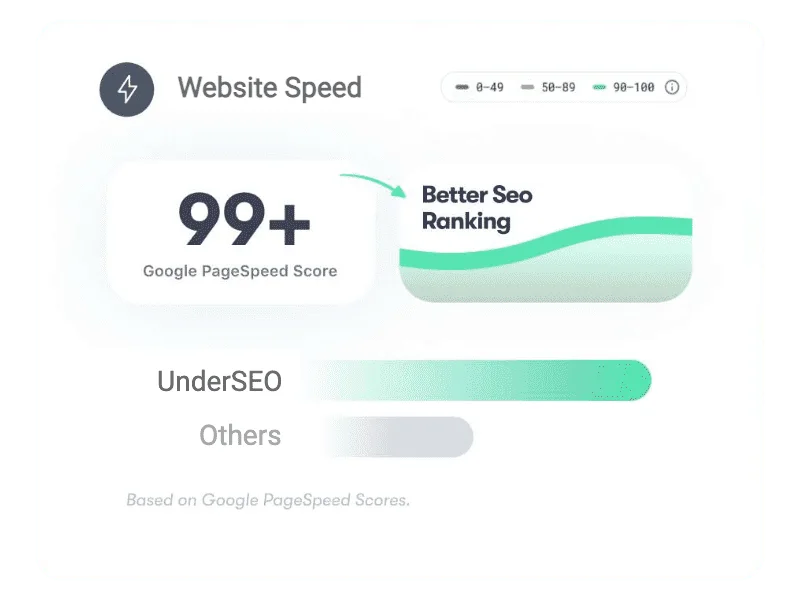
Need Some Help?
PPC’s Guide: Mastering PPC Bidding: Tips and Tricks In 2024
Conclusion
PPC bidding can be a complex and challenging process, but by following these tips and tricks, you can improve your chances of success. Remember to start with a clear strategy, use negative keywords, use ad extensions, monitor your campaigns regularly, and test everything.
With a little patience and persistence, you can master PPC bidding and generate the leads and traffic you need to grow your business.
FAQs
What is PPC bidding?
PPC bidding is the process of bidding on keywords to show up in search engine results pages (SERPs). Advertisers bid on keywords that they believe their target audience will use when searching for their products or services.
What are negative keywords?
Negative keywords are search terms that advertisers can use to prevent their ads from showing up for irrelevant searches. By using negative keywords, advertisers can improve the relevance and performance of their ads.
How do ad extensions work?
Ad extensions are additional pieces of information that can appear with your ads, such as phone numbers, addresses, or links to specific pages on your website. Ad extensions can provide more context to potential customers and improve the overall performance of your ads by making them more appealing and relevant.
Why is monitoring PPC campaigns important?
PPC advertising requires ongoing monitoring and optimization to ensure that you’re getting the best possible results. Regular monitoring allows you to identify underperforming ads, adjust your bidding strategies, and make other changes to improve your click-through rates, conversion rates, and ROI.
How can testing improve PPC campaigns?
Testing is an essential part of PPC advertising because it allows you to experiment with different ad copy, landing pages, and bidding strategies to determine what works best for your target audience. By testing and optimizing your campaigns, you can improve your results over time and get the most out of your advertising budget.
Overall, mastering PPC bidding requires a combination of strategy, creativity, and ongoing optimization. By following these tips and tricks, you can improve your chances of success with PPC advertising and achieve your business goals.

